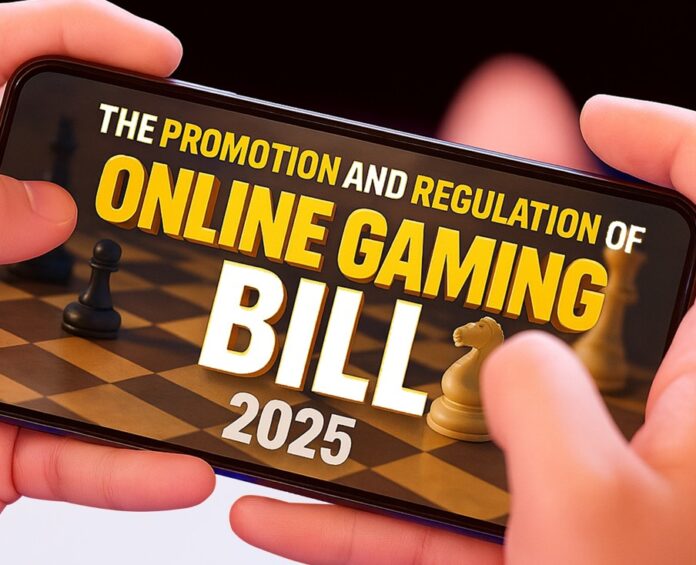India’s online gaming industry is set for a sweeping overhaul after Parliament cleared the Promotion and Regulation of Online Gaming Bill, 2025, a legislation that Prime Minister Narendra Modi described as a milestone in making the country a hub for innovation and creativity. The bill adopts a dual-track approach, promoting e-sports and online social games while banning money-based gaming platforms. Officials said the law reflects a balance between encouraging safe and creative gameplay and protecting households from the damaging impact of real-money contests.
In a post on X, PM Modi said the initiative will “encourage e-sports and online social games” while shielding society from the harmful effects of money-driven gaming. Union IT and Railways Minister Ashwini Vaishnaw underlined that the decision prioritises families over revenues, highlighting cases where addiction to online money games led to massive debts, fraud, and even suicides.
The legislation divides online play into three categories. E-sports, requiring skill, teamwork, and reflexes like conventional sports, have been granted formal recognition, with the government planning schemes and programmes to support them. Online social games such as casual puzzles and educational apps are considered safe and will also receive support. Online money games, involving wagers or financial stakes, have been banned outright.
The new law prohibits advertisements and financial transactions linked to banned platforms, directly impacting fantasy sports giants such as Dream11, MPL, My11Circle, RummyCircle, PokerBaazi and several others. India’s $3.8 billion real-money gaming sector faces an uncertain future, with Dream11, valued at nearly $8 billion, and MPL, worth $2.5 billion, among the hardest hit. Industry groups warn of a potential loss of 200,000 jobs, alongside Rs 25,000 crore in foreign direct investment and Rs 20,000 crore in tax revenues. Analysts caution that the crackdown may drive India’s estimated 45 crore online gaming users toward offshore platforms that remain outside regulatory purview. Investors such as Nazara Technologies, with stakes in real-money ventures, may also face collateral damage.
The government defended the ban, citing thousands of complaints from families devastated by addictive money games. Vaishnaw said the Prime Minister has always chosen middle-class families over government revenues. The bill also provides for the creation of a central regulatory authority to enforce compliance, monitor industry practices, and nurture innovation in e-sports and social gaming. With both Houses having cleared the legislation, the bill now awaits Presidential assent before becoming law. For India’s gaming landscape, it marks the beginning of a new era, one that fosters safe creativity and competition, while drawing a firm line against predatory money games.





